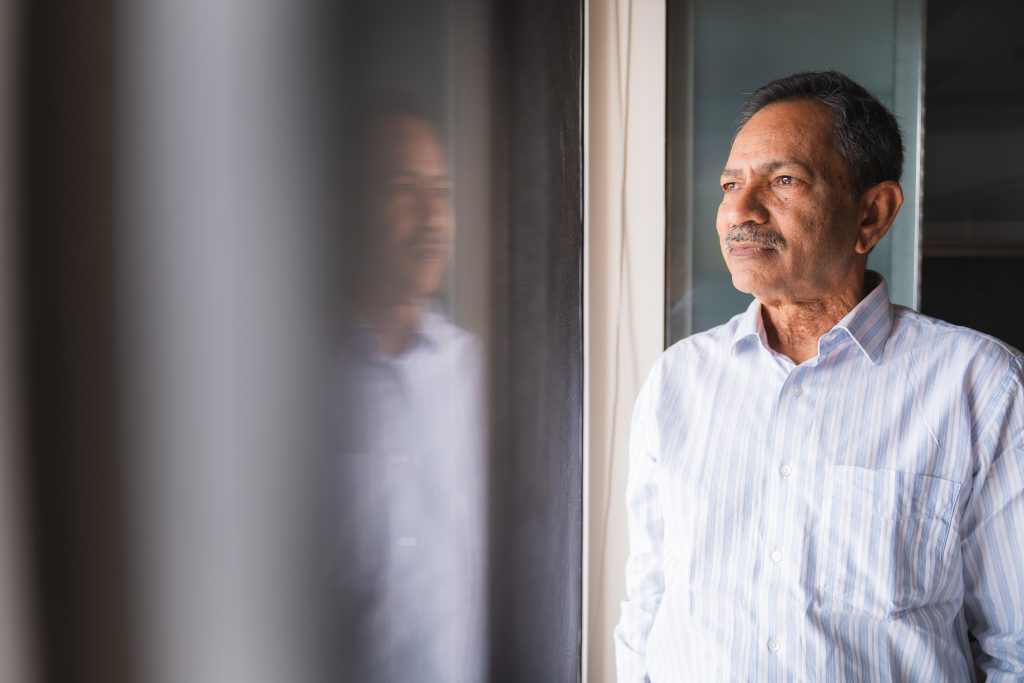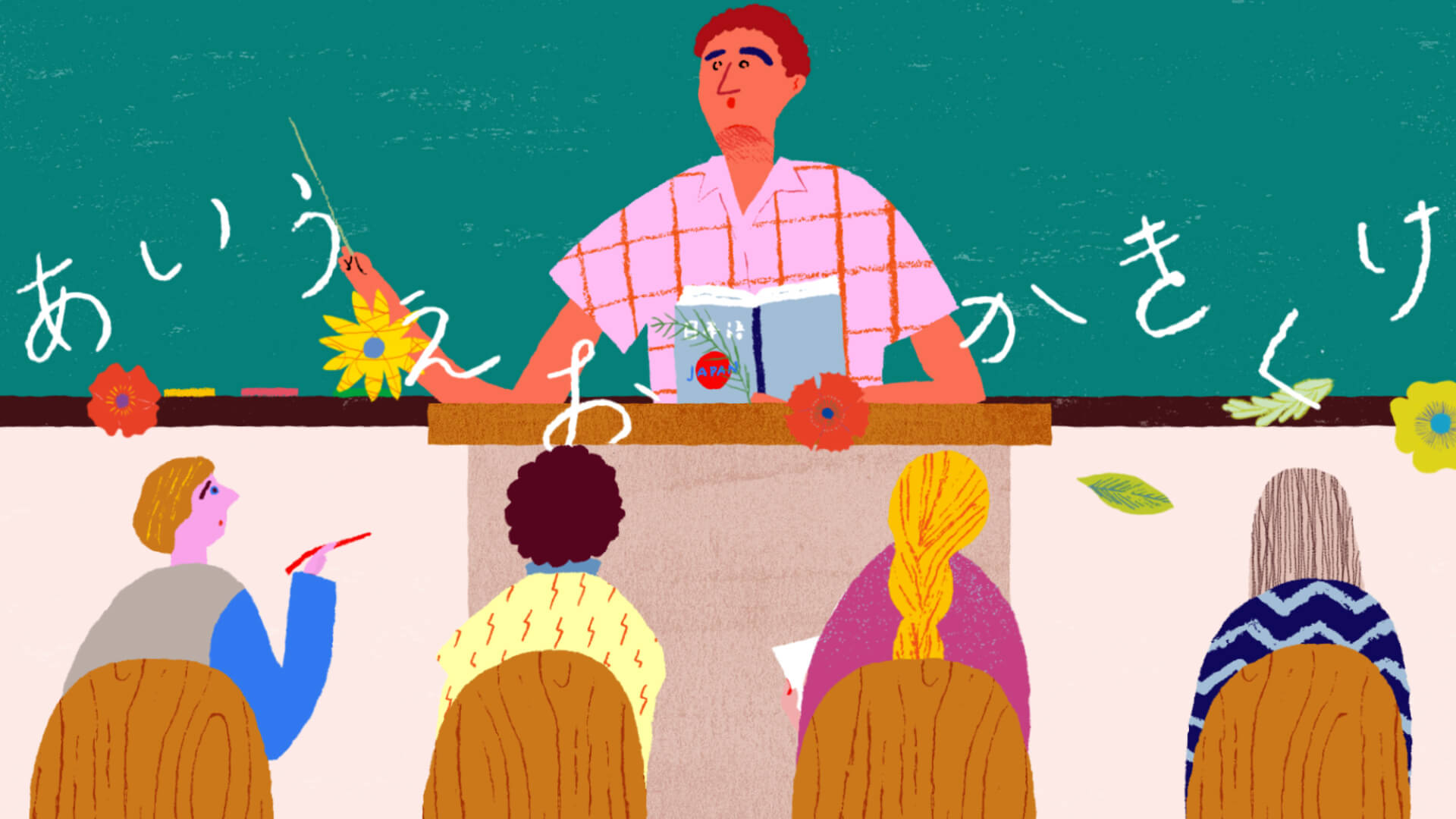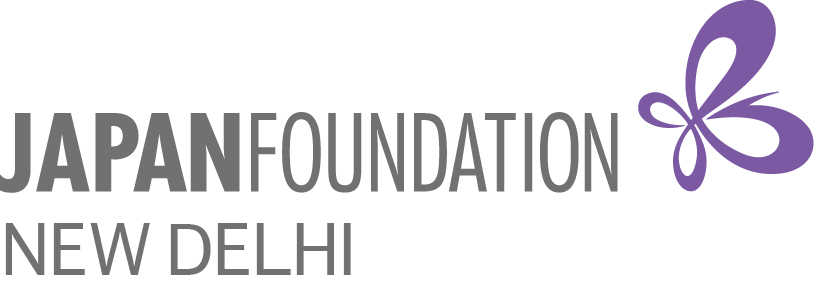
Dr. G.V.C. Naidu
Without the Japan Foundation scholarship, I would not have been that well-known as an expert in Japan, probably.
Former Founder-Chairperson of Centre for Indo-Pacific Studies at the School of International Studies, Jawaharlal Nehru University, New Delhi.
Prof. G.V.C. Naidu specializes in Indo-Pacific affairs, including political economy, maritime security, regional multilateralism, and India’s relations with Japan. His visiting appointments include Research Fellow at the Institute of Southeast Asian Studies, Singapore (1989-90); Japan Foundation Visiting Professor at the Daito Bunka University (1994-95), Visiting Fellow at the East-West Center, Honolulu (2000); Visiting Fellow at the Japan Institute of International Affairs, Tokyo (2001); Visiting Professor at National Chengchi University, Taipei (2014); Japan Foundation Visiting Professor at Gakushuin University, Tokyo (2017-18); and Visiting Professor at National Chung Hsing University, Taichung, Taiwan (2018). He has to his credit five books, five monographs and more than 200 articles, chapters in books, and research papers published in India and abroad.
A two-time recipient of JF Fellowship, Prof. G.V.C. Naidu believes that the fellowship is vitally important for those who specialize in Japan. Without question, I have immensely benefitted from the Japan Foundation. But for the Foundation’s fellowships, I would not have had the opportunity to spend time in Japan, which enabled me not only to pursue my academic work but also to learn so much about Japan, its society, its culture, and its people. My exposure to Japan motivated me to do fairly intensive research work, which I continue to do, especially related to India-Japan relations.
Talking about the topic of his research, Prof. Naidu says that his research topic was principally related to Indo-Pacific, Japan’s security, and India-Japan relations. When asked about the way scholarship affected his research during his time in Japan, he responds with how it helped him in many ways such as in consulting a lot of relevant literature which was not available in India but more importantly how he was able to interact with a variety of people from senior officers and scholars in the Ministry of Foreign, National Institute for Defense Studies, Japan Institute of International Affairs and several other leading think tanks besides numerous leading academics in Universities. Since I was involved in teaching and lecturing, it gave me an opportunity to interact with students as well.
According to Prof. Naidu, without the Japan Foundation scholarship, he probably would not have been that well-known as an expert in Japan, broadly the Indo-Pacific and India-Japan relations. He exclaims that there is no doubt that it helped him to become a better scholar and build a career and in turn also helped him to train several of his PhD students to work on the above themes. He also managed to arrange a few scholarships for some of his students through his academic contacts to spend time in Japan.
On the topic of his memories from the scholarship days in Japan, he recollects that there were indeed many rememberable memories. He says that on both occasions, his wife and daughter were with him. He shares how even though both did not know a word of Japanese, they managed to make friends with neighbors and even attended some of their events. Even some of his academic friends invited him to their homes on several occasions so he had an ample number of chances to get to know their life, ways of living, and families, which was wonderful.
Lastly, Prof. Naidu had a few suggestions for all the future fellows. He says that anyone availing of the Japan Foundation fellowship should have complete clarity on how they plan to spend their time while in Japan, pursuing not just academic activity but also try and understand Japanese society, its people and its culture. Travelling as much as possible is immensely useful. As for research activity, it is important to delineate the achievable objectives by strictly sticking to the timelines. Eventually, the scholarship should lead to not simply becoming a good scholar but also to produce high-quality research output.
 Twitter
Twitter

 '
'